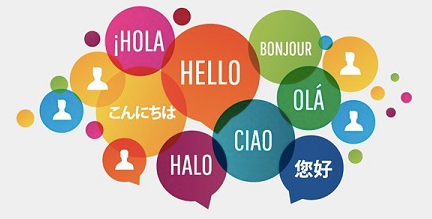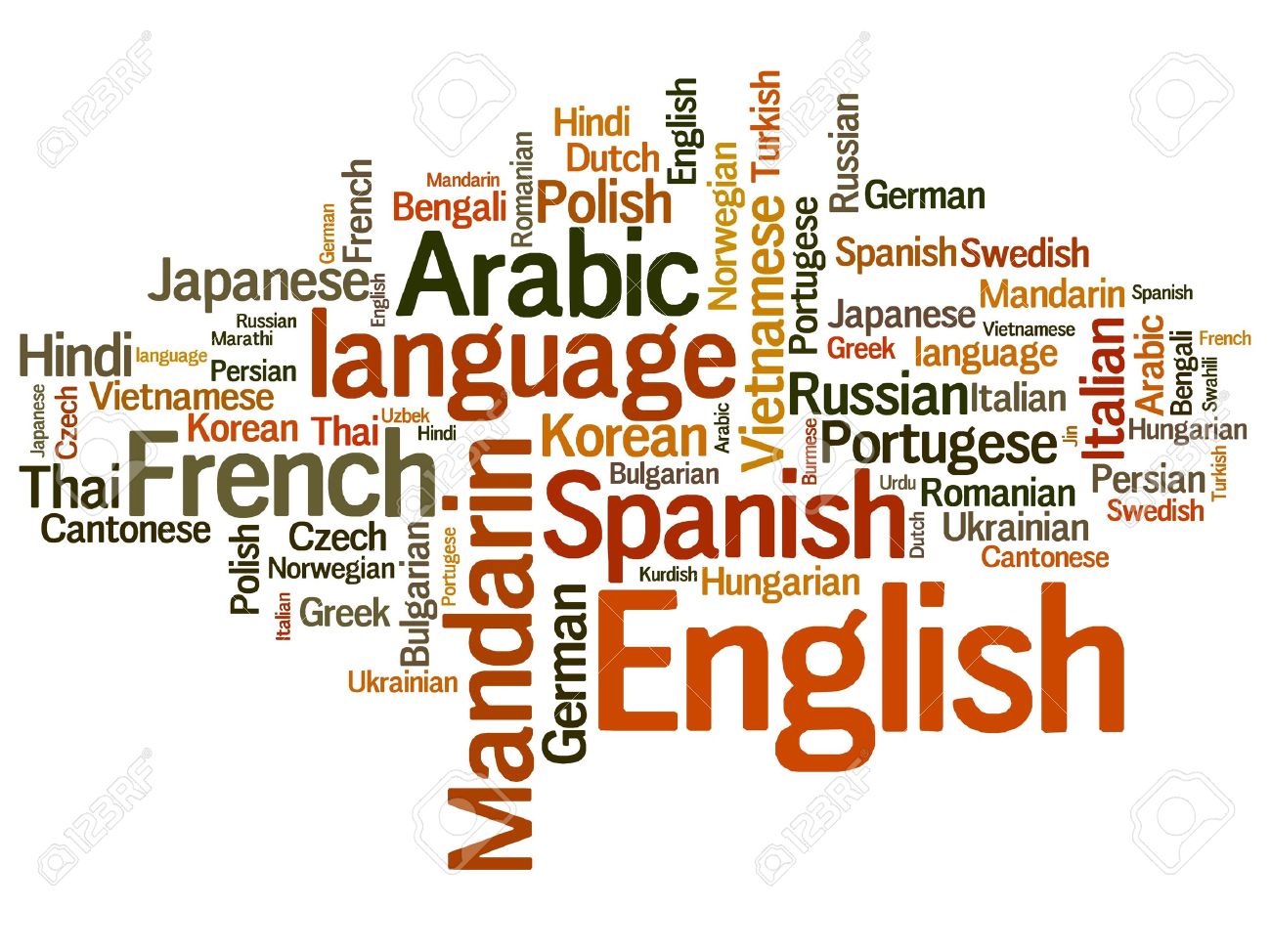In a world where communication serves as the lifeblood of human interaction, the diversity of languages stands as a testament to the richness and complexity of our global tapestry. Each language, with its unique sounds, words, and grammar, reflects the cultural heritage, history, and identity of its speakers. Yet, the prospect of a universal language, while appealing in its simplicity, carries profound implications that merit careful consideration.
The Beauty of Linguistic Diversity

Languages are more than just systems of communication; they are repositories of human experience, conveying stories, traditions, and worldviews passed down through generations. From the rhythmic cadence of poetry to the lyrical melodies of song, language serves as a vessel for artistic expression and cultural preservation. Each dialect and accent adds depth and nuance to our understanding of the world, offering glimpses into the diverse ways in which humanity perceives and interprets reality.
The Threat of Linguistic Dominance

The rise of dominant languages poses a significant threat to linguistic diversity. In a world where certain languages wield disproportionate influence, smaller languages risk marginalization and extinction. Linguistic imperialism, driven by political, economic, and cultural factors, perpetuates inequalities and erodes the vitality of minority languages. The loss of linguistic diversity represents a loss of cultural heritage, robbing future generations of the rich tapestry of human expression that defines our shared humanity.
The Power Dynamics of Language
Language is not neutral; it is imbued with power dynamics that shape social interactions and structures. The privileging of certain languages over others reinforces existing hierarchies and perpetuates inequalities along linguistic lines. In educational settings, proficiency in dominant languages often serves as a gateway to economic opportunity and social mobility, further entrenching disparities between linguistic communities. By centering the voices and experiences of dominant language speakers, marginalized communities are silenced and their cultural contributions are diminished.
The Preservation of Linguistic Diversity
Preserving linguistic diversity is not merely a matter of linguistic conservation; it is a commitment to social justice, equity, and human rights. Recognizing the intrinsic value of every language, regardless of its size or global reach, is essential for fostering inclusive and equitable societies. Multilingualism fosters empathy, understanding, and cross-cultural communication, bridging divides and nurturing connections across linguistic boundaries.
Celebrating Multilingualism in Education
Education plays a pivotal role in promoting linguistic diversity and multilingualism. By incorporating diverse languages and cultural perspectives into curricula, schools empower students to embrace their linguistic heritage and engage with the world as global citizens. Language learning transcends linguistic proficiency; it cultivates empathy, critical thinking, and intercultural competence, equipping students with the tools to navigate an increasingly interconnected world.
Embracing a Plurilingual Future
As we navigate the complexities of a rapidly changing world, embracing linguistic diversity is more crucial than ever. By valuing and preserving the myriad languages that enrich our global community, we affirm the inherent dignity and worth of every individual. Let us celebrate the vibrant mosaic of languages that reflects the kaleidoscope of human experience, and strive to create a world where every voice is heard, honored, and cherished.
Conclusion: Embracing the Tapestry of Human Expression
In the tapestry of human expression, each language represents a unique thread, weaving together the fabric of our shared humanity. As stewards of linguistic diversity, we bear a collective responsibility to safeguard the voices and narratives that shape our collective story. By embracing the beauty of linguistic diversity and championing the rights of linguistic minorities, we honor the rich heritage of languages past and present and pave the way for a future where linguistic diversity thrives as a testament to the resilience and creativity of the human spirit.




